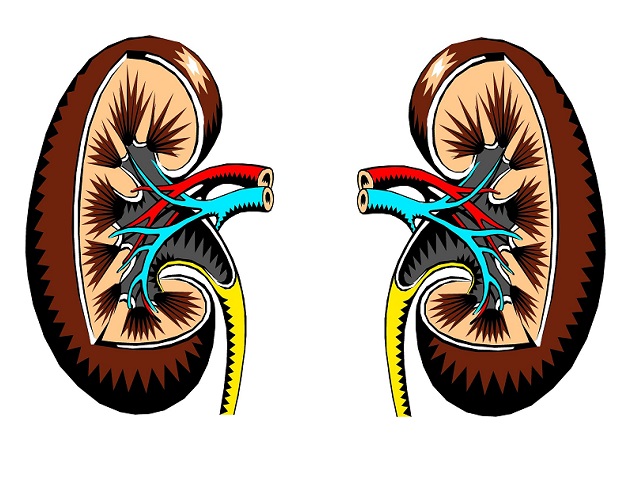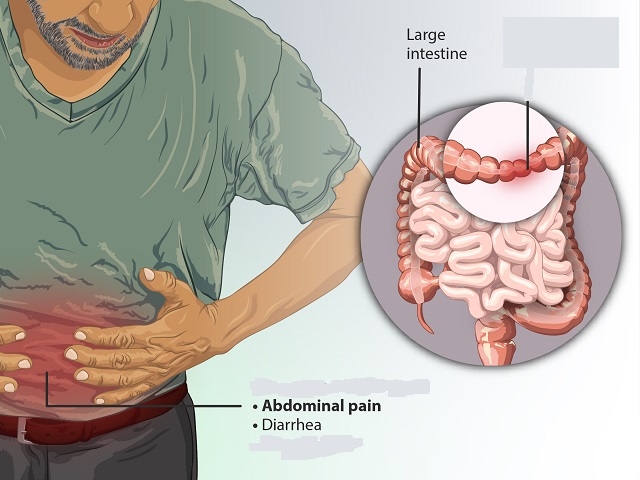10 Signs You May Have Lupus -- Symptoms, Causes, Effects, Treatment and Prevention
Lupus, also known as systemic lupus erythematosus (SLE), is a chronic autoimmune disease that can affect multiple organs and systems in the body. It occurs when the immune system mistakenly attacks healthy tissues, leading to inflammation and damage. Lupus is a complex and variable condition, with symptoms that can range from mild to severe.
Symptoms of Lupus
The symptoms of lupus can vary widely among individuals, but common signs and symptoms may include:
- Fatigue and malaise: Persistent tiredness and a general feeling of unwellness.
- Joint pain and swelling: Pain, stiffness, and swelling in the joints, commonly affecting the hands, wrists, and knees.
- Skin rashes: Butterfly-shaped rash across the cheeks and nose (malar rash), or other skin rashes triggered by sun exposure.
- Photosensitivity: Increased sensitivity to sunlight, leading to skin rash or flares.
- Oral or nasal ulcers: Sores in the mouth or nose that may be painful.
- Kidney problems: Lupus can affect the kidneys, leading to kidney inflammation (nephritis) and impaired kidney function.
- Cardiovascular issues: Inflammation can affect the heart and blood vessels, leading to chest pain, shortness of breath, and increased risk of cardiovascular disease.
- Neurological symptoms: Headaches, seizures, memory problems, and changes in mood or behavior.
- Raynaud's phenomenon: Fingers and toes may turn white or blue in response to cold or stress.
- Hair loss: Patchy hair loss or thinning of the hair.
Diagnosis of Lupus
Diagnosing lupus can be challenging because the symptoms can mimic other conditions. Diagnosis often involves a combination of medical history, physical examination, and laboratory tests. These may include blood tests to measure certain antibodies and markers of inflammation, as well as imaging studies and biopsies in some cases.
Causes of Lupus
The exact cause of lupus is unknown, but it is believed to involve a combination of genetic, environmental, and hormonal factors. Potential causes and triggers include:
- Genetic predisposition: Certain genetic factors increase the risk of developing lupus.
- Hormonal factors: Lupus is more common in women, suggesting a hormonal influence.
- Environmental triggers: Exposure to certain environmental factors, such as sunlight, infections, and certain medications, may trigger or worsen lupus symptoms.
Effects of Lupus
Lupus can have a significant impact on various aspects of a person's life, including:
- Physical limitations: Joint pain, fatigue, and other symptoms can affect mobility and daily activities.
- Organ damage: Lupus can damage multiple organs, including the kidneys, heart, lungs, and brain.
- Emotional and psychological impact: Living with a chronic illness can lead to emotional distress, anxiety, and depression.
- Increased risk of complications: Lupus increases the risk of developing other health complications, such as infections, cardiovascular disease, and osteoporosis.
Treatment of Lupus
The treatment of lupus aims to control symptoms, prevent flares, and minimize organ damage. It usually involves a multidisciplinary approach, including:
- Medications: Depending on the symptoms and severity, medications may include nonsteroidal anti-inflammatory drugs (NSAIDs), antimalarial drugs, corticosteroids, immunosuppressants, and biologic agents.
- Lifestyle modifications: These may include sun protection, regular exercise, stress management, and a healthy diet.
- Supportive care: Addressing specific symptoms and complications through appropriate interventions and therapies.
- Regular medical follow-up: Close monitoring and regular check-ups to assess disease activity, manage medications, and address any new symptoms or concerns.
Prevention of Lupus
As the exact cause of lupus is unknown, there is no known way to prevent it. However, some strategies may help in managing the disease and reducing the risk of flares, including:
- Sun protection: Avoid excessive sun exposure and use sunscreen with a high sun protection factor (SPF).
- Healthy lifestyle: Adopting a healthy lifestyle, including regular exercise, a balanced diet, and stress management techniques.
- Regular medical care: Regular check-ups and adherence to prescribed medications and treatment plans.
References:
Lupus Foundation of America. (n.d.). What is Lupus? Retrieved from https://www.lupus.org/resources/what-is-lupus
Mayo Clinic. (2021). Lupus. Retrieved from https://www.mayoclinic.org/diseases-conditions/lupus/symptoms-causes/syc-20365789
National Institute of Arthritis and Musculoskeletal and Skin Diseases. (2021). Lupus. Retrieved from https://www.niams.nih.gov/health-topics/lupus


















